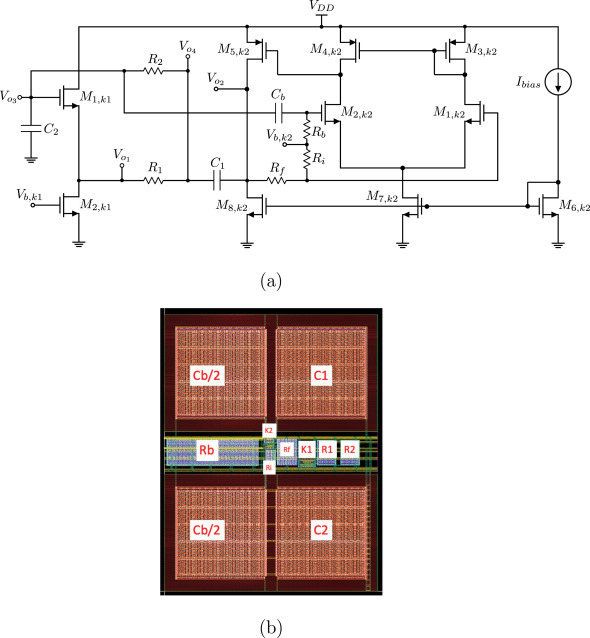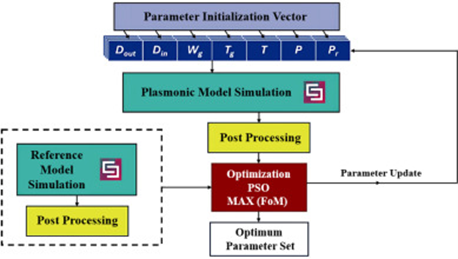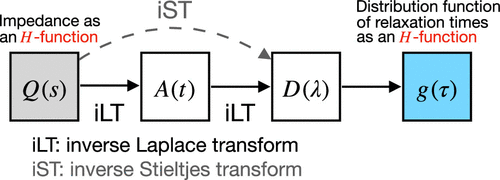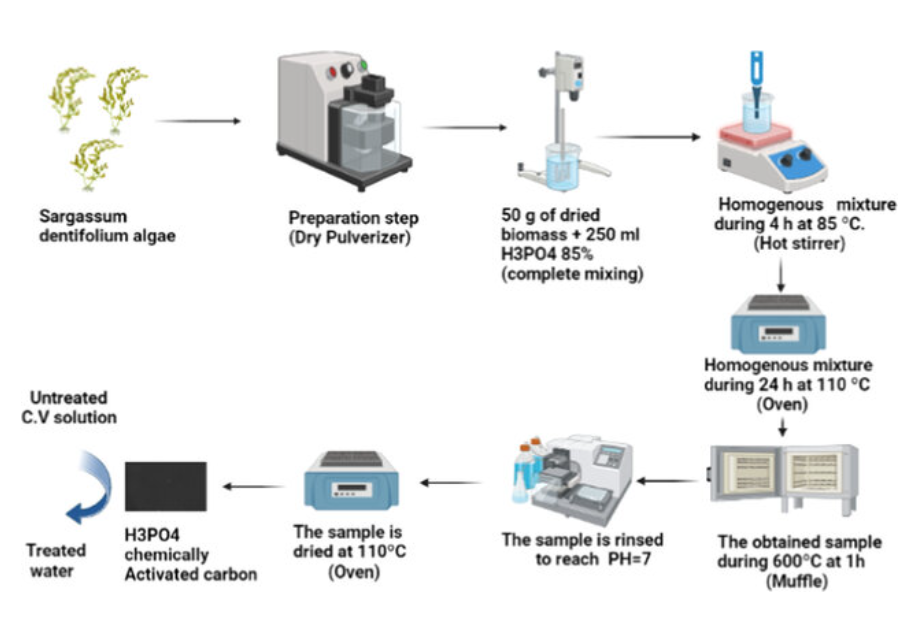Symmetric encryption algorithms using chaotic and non-chaotic generators: A review
This paper summarizes the symmetric image encryption results of 27 different algorithms, which include substitution-only, permutation-only or both phases. The cores of these algorithms are based on several discrete chaotic maps (Arnold's cat map and a combination of three generalized maps), one continuous chaotic system (Lorenz) and two non-chaotic generators (fractals and chess-based algorithms). Each algorithm has been analyzed by the correlation coefficients between pixels (horizontal, vertical and diagonal), differential attack measures, Mean Square Error (MSE), entropy, sensitivity analyses and the 15 standard tests of the National Institute of Standards and Technology (NIST) SP-800-22 statistical suite. The analyzed algorithms include a set of new image encryption algorithms based on non-chaotic generators, either using substitution only (using fractals) and permutation only (chess-based) or both. Moreover, two different permutation scenarios are presented where the permutation-phase has or does not have a relationship with the input image through an ON/OFF switch. Different encryption-key lengths and complexities are provided from short to long key to persist brute-force attacks. In addition, sensitivities of those different techniques to a one bit change in the input parameters of the substitution key as well as the permutation key are assessed. Finally, a comparative discussion of this work versus many recent research with respect to the used generators, type of encryption, and analyses is presented to highlight the strengths and added contribution of this paper. © 2015.




